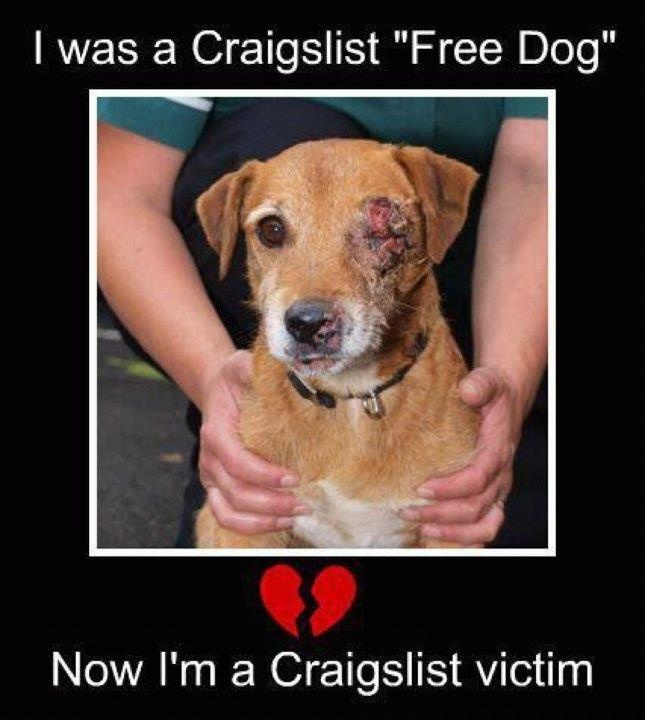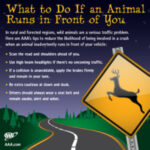In contemporary society, the issue of animal cruelty elicits intense emotions and moral quandaries. The phrase “I’ve hurt animals—does that make me a bad person?” is one often uttered in moments of introspection or regret. This inquiry necessitates a profound exploration of both the individual’s actions and the underlying psychological phenomena that may catalyze such behavior.
First, it is crucial to comprehend that actions directed toward animals can stem from a variety of motivations—some conscious and others insidious. An individual may inflict harm on an animal out of frustration, ignorance, or even societal conditioning. The exploration of these motivations is quintessential for one to grasp the complexities of human-animal relationships. The cultivation of empathy and respect for all living beings is paramount in fostering an ethical society.
History reveals a troubling narrative where humans have often viewed animals as mere instruments for personal gain or convenience. From the domestication of animals for labor to their exploitation in entertainment, the pattern of subjugation is deeply woven into the fabric of humanity’s past. Many individuals grow up in environments where such notions are tacitly accepted. Consequently, the internal compass of ethics may become distorted. This is a crucial point of contemplation: does cultural conditioning absolve individuals of moral culpability?
To dissect this further, one must consider factors such as developmental psychology and environmental influences. Children exposed to violence or neglect may mirror such behaviors, projecting these learned responses onto innocuous creatures. Thus, a cycle of violence perpetuates itself—not through inherent malice, but through the transmission of trauma. This raises an urgent philosophical question: can one rectify learned behavior, and if so, how?
Amidst this landscape of potential justifications lies the inherent capacity for change. The awareness of having caused harm is often the first critical step toward making amends. Recognizing the gravity of one’s actions can be a catalyzing turning point. This acknowledgment is not merely about the self—a reflection of one’s moral failings—but is also about the duty to advocate for those who cannot voice their suffering. Such a realization often leads to an existential reassessment of one’s values and priorities.
At this juncture, it becomes essential to differentiate between isolated incidents and a pattern of behavior. A singular, regrettable act may signify a moment of weakness rather than a definitive character flaw. Self-flagellation and guilt may serve no purpose other than to inhibit personal growth. Rather, the journey toward ethical comportment begins with self-compassion—acknowledging the need for improvement and committing to tangible change.
Engagement with the broader community can amplify individual rehabilitation. Individuals who have admitted to past transgressions may opt to volunteer with animal welfare organizations. Such endeavors not only foster healing but also function as a powerful educational tool. Interacting with creatures who have suffered similar fates can enable personal insight and the development of a deeper compassion. Moreover, this willingness to grow often inspires others, creating a ripple effect that promotes a culture of empathy.
As this journey unfolds, one may also encounter paradoxes in the discourse surrounding animal welfare. The societal simultaneous embrace of animal companionship and the perpetuation of systemic cruelty presents a myriad of contradictions. How can one cherish a pet while remaining oblivious to the suffering of factory-farmed animals? The cognitive dissonance that arises illustrates a broader malaise within society’s treatment of sentient beings.
To grapple with this dissonance is to engage in a moral reckoning. It demands not just introspection but also an examination of societal norms that dictate what is deemed acceptable treatment toward animals. Challenging these conventions requires a willingness to break free from the shackles of complacency, often resulting in discomfort. This discomfort, however, is a precursor to enlightenment.
Additionally, nuances arise when addressing the question of intent. One may inflict harm without a conscious objective to do so. Misguided attempts at domination—be it through cruel training methods or thoughtless actions—are often underpinned by a misguided belief in asserting control. An inquiry into the ethical implications of power dynamics between species thus emerges, prompting further introspection regarding the nature of interpersonal relationships.
It is also pertinent to analyze the societal structures that perpetuate the commodification of animals. Throughout history, various cultures have denigrated animals, facilitating a mindset that permits their exploitation. This systemic marginalization complicates the individual’s understanding of moral responsibility. Can one truly be deemed ‘bad’ when ensnared within such extensive societal frameworks? Alternatively, does the acceptance of responsibility and the pursuit of redemption unveil one’s intrinsic humanity?
Ultimately, the most salient takeaway is the understanding that recognizing past misdeeds does not encapsulate the entirety of one’s moral identity. Personal transformation is a viable course, driven by genuine regret and a desire to foster a respectful relationship with all creatures. This journey, though often arduous, can redefine notions of self-worth and contribute positively to society at large.
In concluding this discourse, perhaps the most pertinent realization is that past actions do not irrevocably dictate character. Redirection toward empathy, education, and active involvement in animal welfare can illuminate the path forward. The acknowledgment of harm, when coupled with tangible efforts to change, can redefine one’s trajectory—not as a mark of moral failure, but as a testament to the complexity of human experience and the potential for profound transformation.










